Our vision
Every Canadian with or at high risk for chronic kidney disease will receive the best recommended care, experience optimal outcomes, and have the opportunity to participate in studies with new treatments, regardless of age, sex, gender, location, or ethnicity.
Can-SOLVE CKD Timeline
Hover over each year for more information
Can-SOLVE CKD Timeline
Listening
People and stories are at the heart of our network
Patient Governance Circle
Due to the significant growth in interested patient partners over the past year, the Can-SOLVE CKD Patient Council Executive held a number of strategic planning sessions to discuss the Patient Council’s evolution. A new structure and function emerged from these discussions, resulting in the formation of the new Patient Governance Circle.
The Patient Governance Circle brings together the existing Patient Council Executive members with a group of highly active patient partners who have taken on leadership roles across the Can-SOLVE CKD Network. The resulting 12-person Patient Governance Circle will be an agile decision-making body reflecting the significant breadth of expertise among Can-SOLVE CKD patient partners.
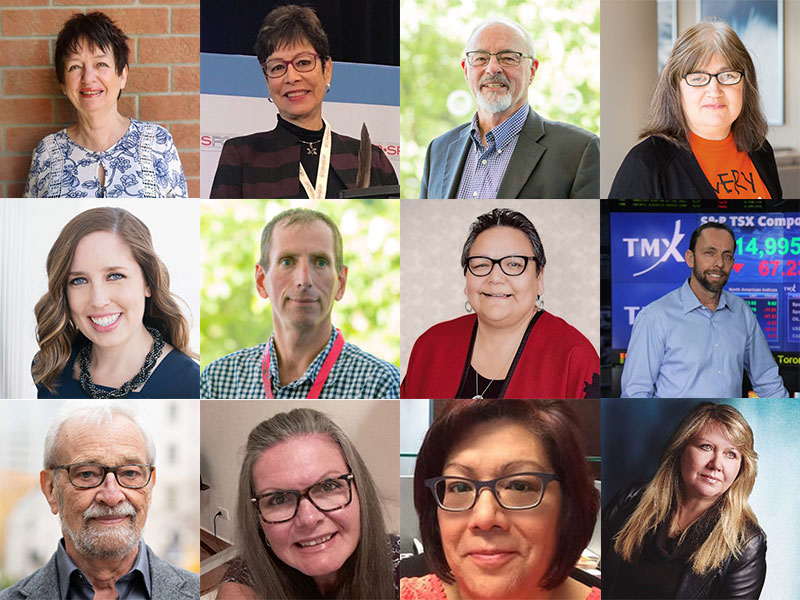
“Fresh faces and new ideas will add to what we’ve started. We were looking for ways to add sustainability as we move forward and the Patient Governance Circle is crucial as we enter the next phase of our development.” – Mary Beaucage, Co-Chair, Patient Governance Circle
Patient Perspectives
We are working to enhance the culture of kidney research in Canada by ensuring patient voices from across a wide spectrum are incorporated into everything we do.
In the videos below, Can-SOLVE CKD patient partners reflect on the experience of being involved in health research and describe the value patients add.
Indigenous Engagement
The celebration of Indigenous culture and heritage is at the heart of our efforts to ensure the best possible kidney health for all Canadians.
Chronic kidney disease disproportionately affects Indigenous communities and those living in rural and remote locations. We are committed to working with partners across the country to ensure all Canadians receive the best-recommended care, regardless of location or ethnicity.
Our particular focus on eliminating gaps between Indigenous and non-Indigenous communities, and partnership with our Indigenous Peoples’ Engagement and Research Council (IPERC), ensures the unique needs and perspectives of First Nations, Inuit, and Métis people are represented.
Learning
We create new knowledge shaped by patient perspectives
Research Projects
Through our 18 research projects, we are creating new knowledge about kidney health and disease shaped by patient perspectives.
Our research program is based around three themes identified in collaboration with patients, health care providers, and policy-makers.
Together, our research projects will close existing gaps in kidney disease knowledge and care to deliver better health. Learn more about these projects by clicking the boxes below.
Research themes
Theme 1: Earlier Diagnosis
Theme 2: Better Treatments
Theme 3: Innovative Care
Knowledge Translation
With 18 research projects across Canada, Can-SOLVE CKD is generating a significant volume of new knowledge and evidence about kidney health, treatment, and care.
But publishing new knowledge does not guarantee that the findings will be used in practice. Studies have found it can take up to 17 years for evidence to be adopted into clinical care. That is too long – patients deserve timely care that is based on the best evidence.
That is why Can-SOLVE CKD is committed not only to creating new knowledge but also to ensuring it reaches those who can use it. Our goal is to help transform health by delivering new treatments and care supported by research.
To help our research teams translate their findings into real-world impact, we created a Knowledge Translation Community of Practice in February 2019.

Knowledge Translation Community of Practice
What is it? A virtual community with diverse membership from across the Can-SOLVE CKD Network. Participants meet each month by videoconference to develop new skills in communication and knowledge sharing – for example, how to effectively communicate your research to different audiences and which communication products are most effective. The emphasis is on improving the network’s ability to report on research project outcomes.
What does it do? The KT Community of Practice aims to improve knowledge translation literacy throughout the network and support project teams to develop a range of communication products and tools. Initial workshops focused on helping project teams create visual abstracts for presentation at the 2019 Can-SOLVE CKD annual meeting to highlight research project progress.
KT Community of Practice membership
“Doing KT work takes time, and with limited KT resources, leveraging our members’ existing experience and expertise within a ‘learning forum’ is key.” – Selina Allu, Knowledge Translation Broker
Curriculum Development
Patient-oriented research is a culture change that asks all involved to push beyond what is familiar and embrace new ways of working.
To help network members advance their skills and knowledge in this area, we are creating a suite of training programs focused on Can-SOLVE CKD’s core activities. Five learning nodes are currently under development, based on the findings of a 2017 survey that determined the greatest training needs in patient-oriented kidney research. Several of these modules are highlighted below.
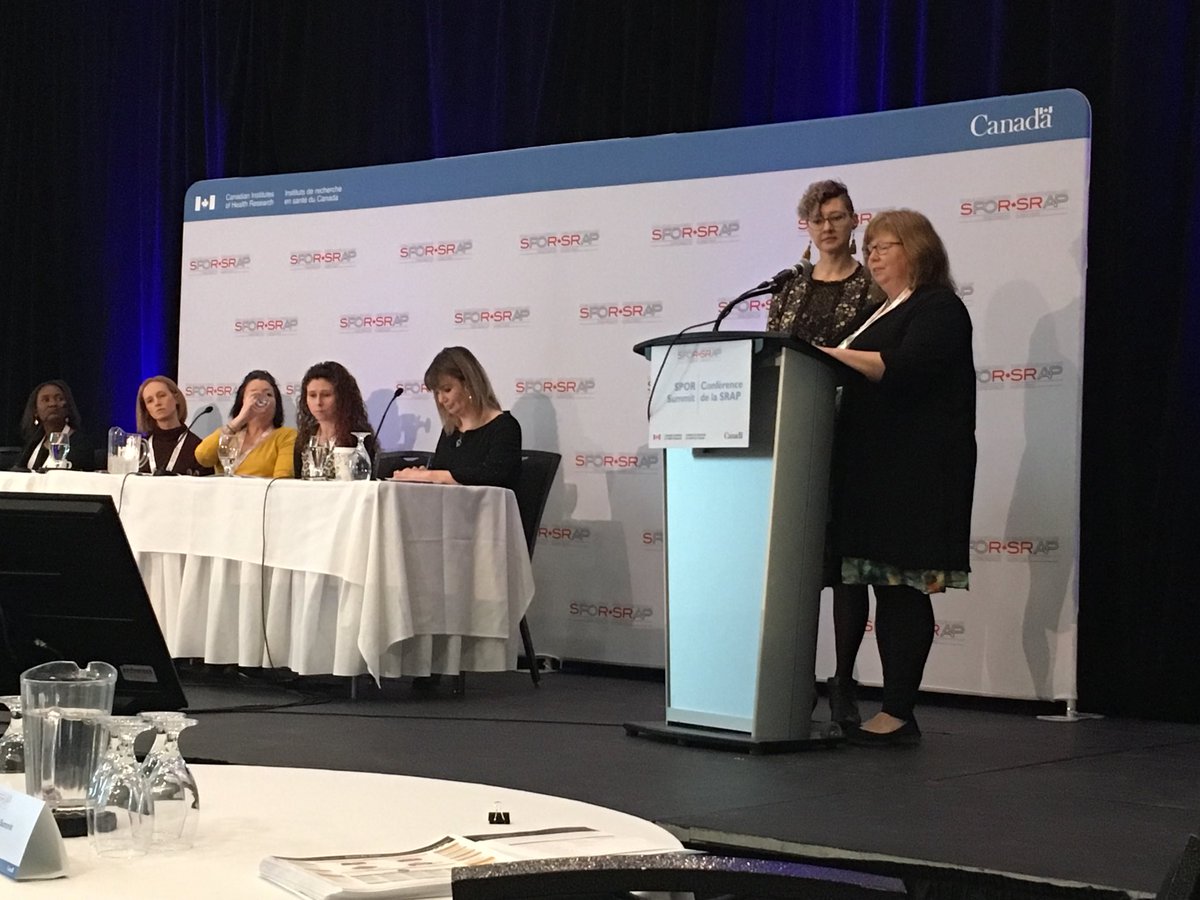
Wabishki Bizhiko Skaanj
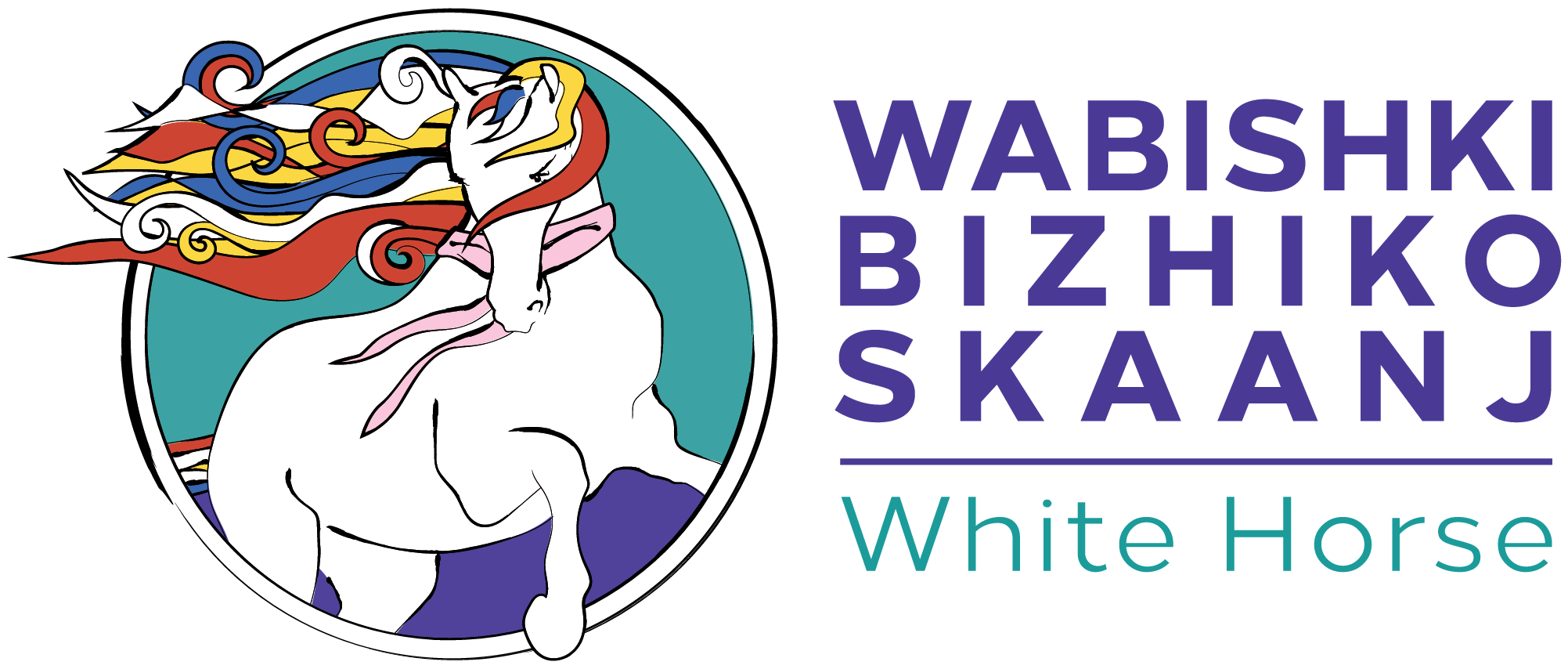
Wabishki Bizhiko Skaanj will enhance researchers’ knowledge and awareness of racial biases, Indigenous voices and stories, the impact of colonization on Indigenous health, and culturally safe health research practices. This online learning pathway brings together existing resources with original content that will be developed by the Can-SOLVE CKD Indigenous Peoples’ Engagement and Research Council.
Developed in partnership with Diabetes Action Canada, the British Columbia Provincial Health Services Authority and several First Nations health organizations, Wabishki Bizhiko Skaanj aims to help researchers and patient partners build respectful partnerships with Indigenous peoples.

Storytelling with Impact

To help network members gain the skills and confidence to share their stories in a health care setting, Can-SOLVE CKD has launched a new online training program. “Storytelling with Impact” is a six-week online workshop that provides patient partners with coaching and tools to support compelling and impactful storytelling.
With the support of trained facilitators and story coaches, participants in the module are encouraged to identify key “moments of care” in their kidney journeys. They are provided with techniques and resources to bring those experiences to life in a relatable and engaging way for different audiences.

“The storytelling module put me in a setting with my peers who have had similar experiences, and I was able to finally find a place where everybody knew what I’ve been through and how I felt while going through it.” – Arlene Desjarlais, Patient Governance Circle Co-Chair
Kidney Pro
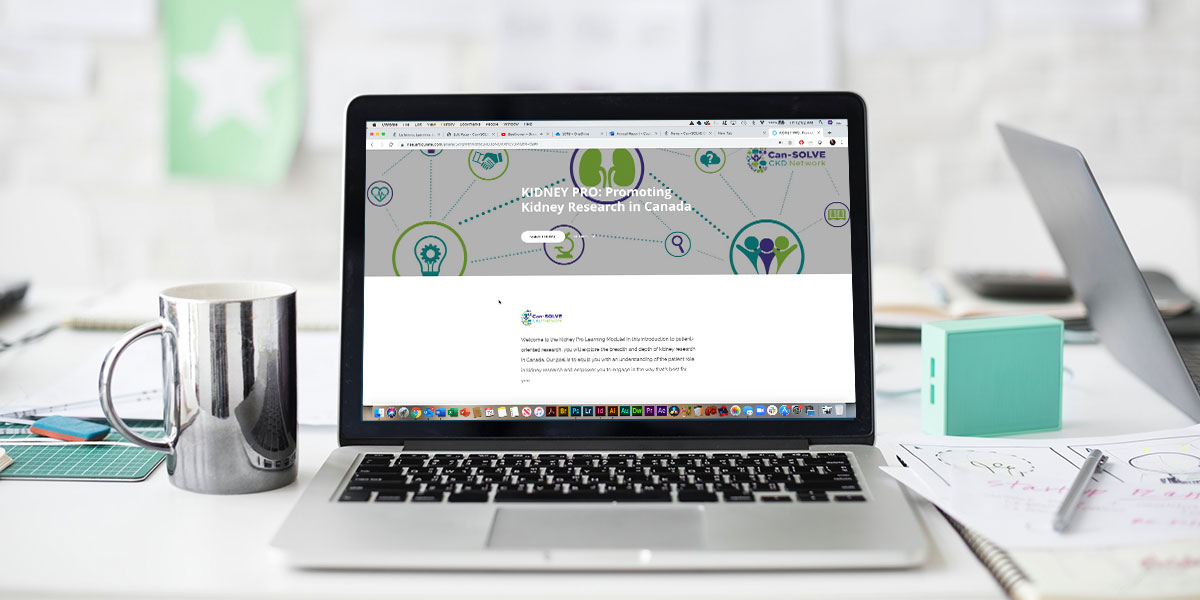
Kidney Pro is an online learning module that invites patients, caregivers, and other interested individuals to explore the breadth and depth of kidney research in Canada. The goal is to equip participants with an understanding of the patient partner role in kidney research and empower them to take part in ways that are most meaningful and appropriate. The self-directed module walks users through a general overview of health research in Canada as well as the landscape for kidney research.
Kidney Pro delves into the specific roles that patients can play, outlining the different expectations and opportunities available as “patient participants” and “patient partners.” The module is expected to launch in Fall 2019 and will be an important part of the educational resources offered to those who register for KidneyLink.

Leading
Delivering better health outcomes for patients
Tools & Infrastructure
Can-SOLVE CKD has a rare opportunity to transform not just kidney health, but the way kidney research is conducted in Canada.
In addition to our 18 research projects, we are building national infrastructure and shared resources that will benefit everyone involved in patient-oriented kidney research across the country.
Over the past year, Can-SOLVE CKD has spearheaded the creation of KidneyLink and furthered the development of the Canadian Nephrology Trials Network (CNTN). These infrastructures will enhance the volume and quality of kidney research across Canada.
These platforms will increase patients’ involvement in all aspects of the research process by linking them to study opportunities and educational resources. They will also support researchers to ask and answer the questions that are most important to patients. Ultimately, we aim to make kidney research in Canada more accessible and effective for everyone.
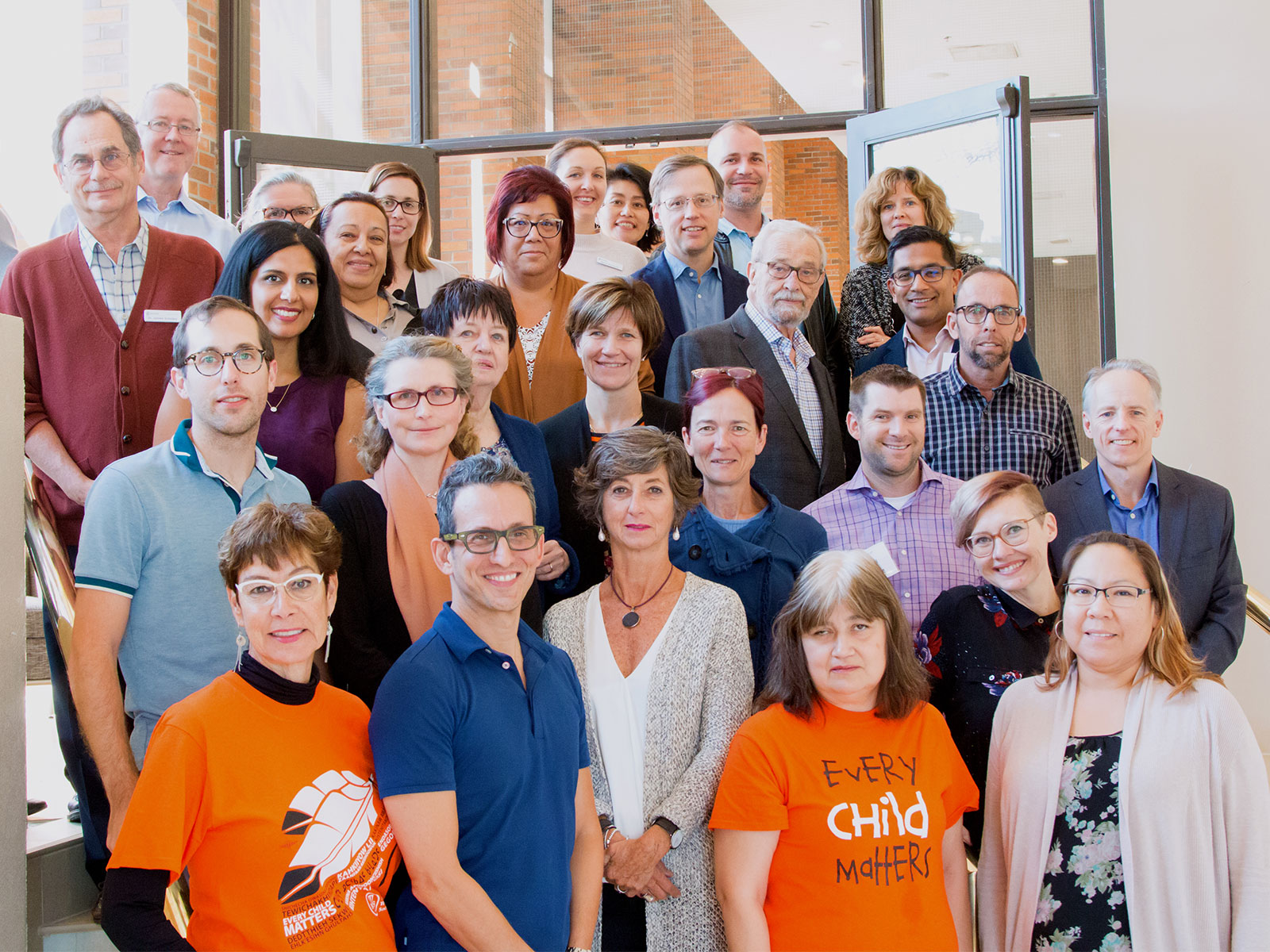
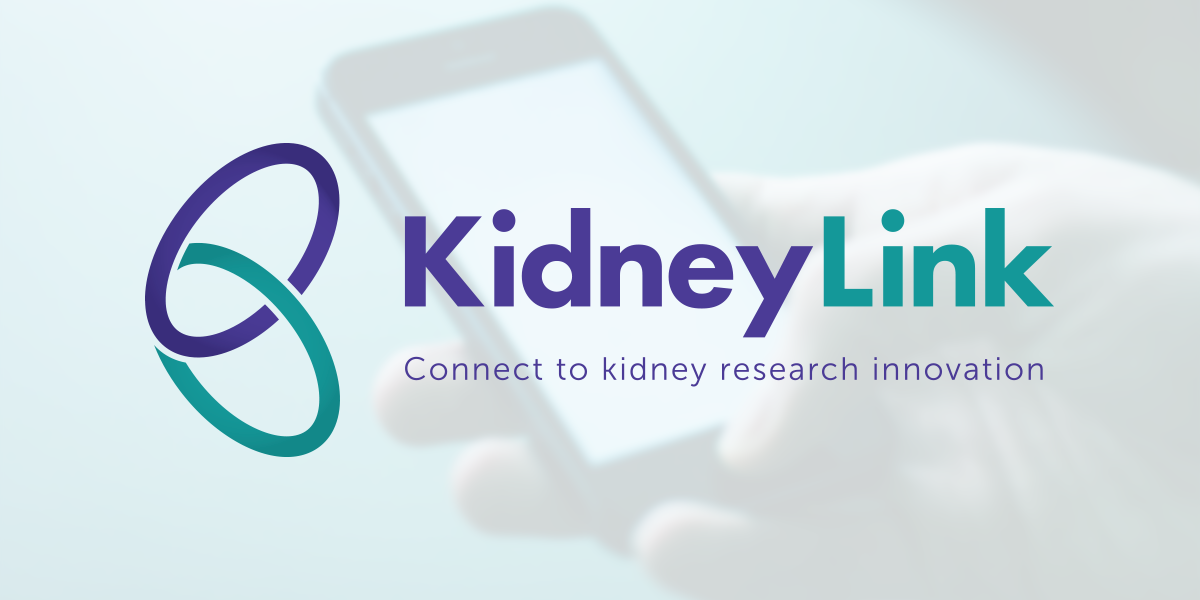
What is it? A platform to learn about and get involved in research that responds to the needs and perspectives of patients. From a user-friendly website, patients can create an account, select topics of greatest interest, and receive up-to-date listings of kidney research opportunities across Canada.
What does it do? KidneyLink keeps patients informed about new opportunities to get involved and provides access to curated educational resources focused on nephrology research in Canada.
What is the impact? KidneyLink will increase patients’ ability to participate in kidney research and will help researchers recruit greater numbers of interested patients for their studies.
Milestones
- July 2018: Can-SOLVE CKD issues a request for proposals to develop a digital portal linking patients to research opportunities and education
- May 2019: The KidneyLink platform is introduced at the Can-SOLVE CKD Annual Meeting
- July 2019: A new website (kidneylink.ca) is launched to facilitate patient partner registration
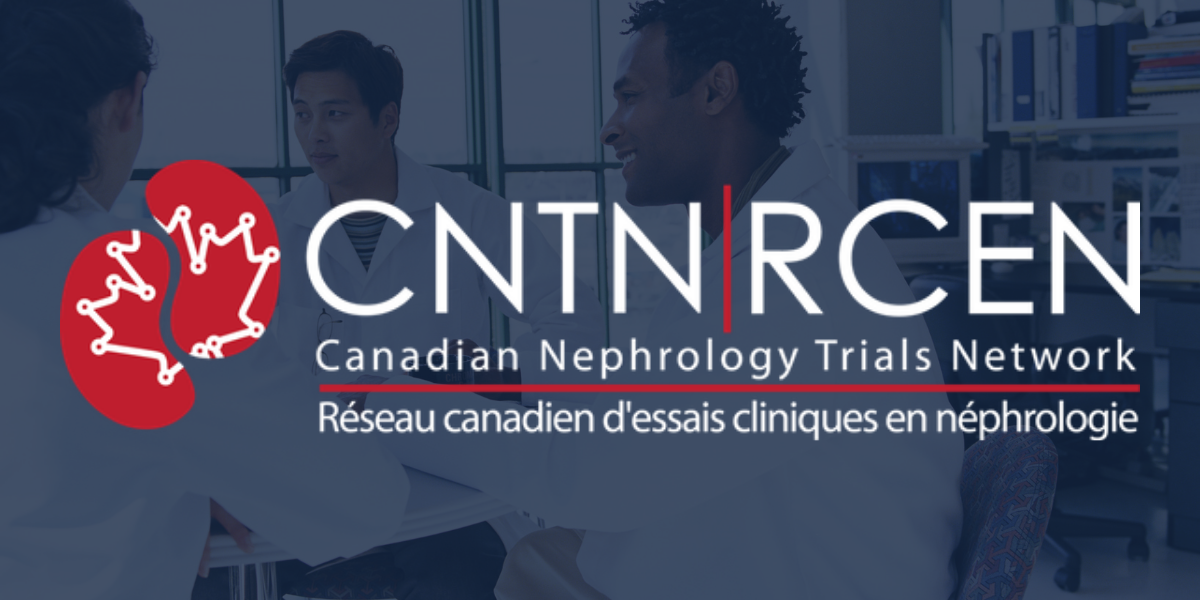
What is it? A pan-Canadian bilingual network of clinical researchers established to advance multi-centre, prospective research, particularly randomized controlled trials, in kidney health. There is membership from all regions of Canada, including patient partners and Indigenous communities.
What does it do? CNTN promotes a culture of collaboration within the Canadian kidney community and connects investigators with interested research centres across Canada via a web-based system. The network also offers resources to help investigators develop and conduct clinical trials and overcome barriers to recruitment.
What is the impact? CNTN will increase the number of high-quality, kidney-focused randomized controlled trials in Canada.
Milestones:
- September 2018: Can-SOLVE CKD brought together a broad cross-section of Canada’s kidney research community to develop a collaborative vision and sustainability strategy for the Canadian Nephrology Trials Network (CNTN).
- March 2019: Three new working committees (Capacity Building, Communication and Engagement, and Scientific Operations) and a governing Executive Committee were launched to execute CNTN’s strategic plan.
- June 2019: The network’s brand new website (cntn.ca) launched
Patient Leadership
One of Can-SOLVE CKD’s core principles is the involvement of patients as equal partners in everything we do.
Patient engagement is a spectrum, and we strive to create a broad range of roles and opportunities for patient partners based on their interests, experiences, and skills. Over the past year, we have witnessed remarkable growth in the abilities and confidence of patient partners, several of whom have taken on leadership roles throughout the network and in their communities:
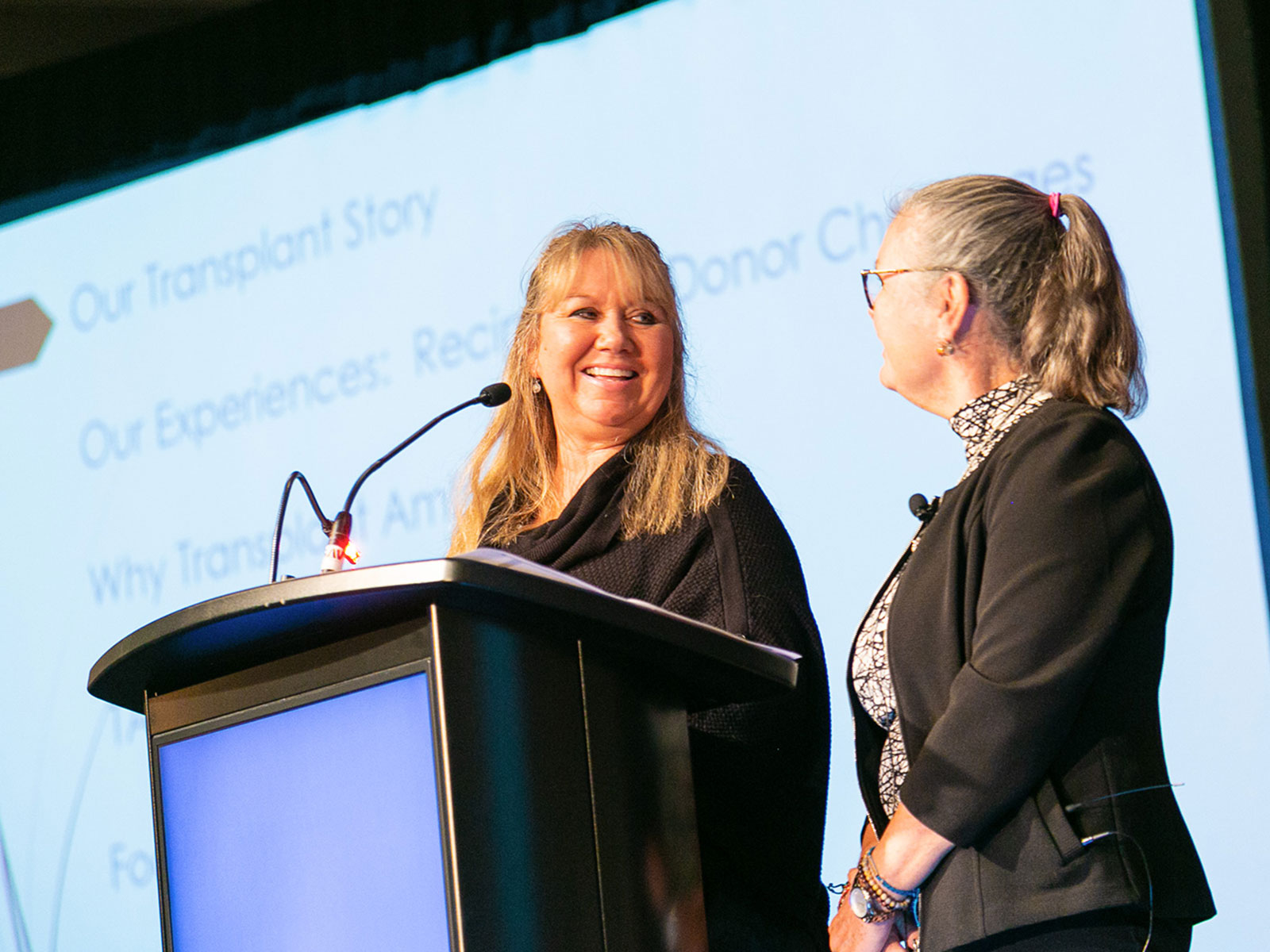
Supporting Reconciliation
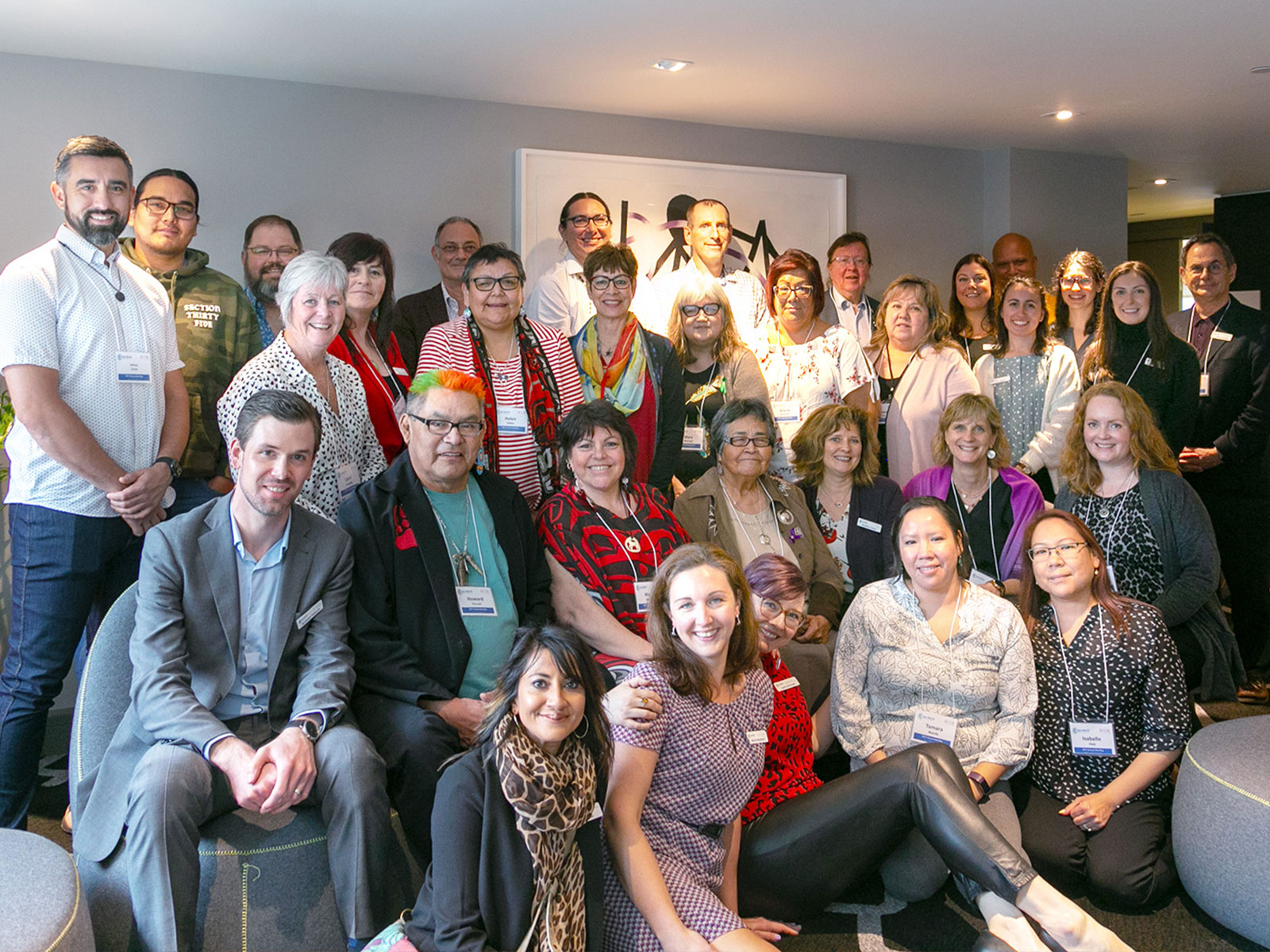
Through the wisdom and guidance of our patient partners and Indigenous Peoples’ Engagement and Research Council (IPERC), we are committed to supporting the principles of Truth and Reconciliation across the Can-SOLVE CKD Network.
We are fostering respectful partnerships built on an understanding of the histories and cultures of Indigenous peoples. Over the past year, we have undertaken many activities that have supported researchers and patient partners to become more aware of racial biases, Indigenous voices and stories, the impact of colonization on Indigenous health, and culturally safe health research practices.
Financial highlights
As the network’s research projects have entered active implementation, significant progress has been made in aligning actual expenditures with planned spending.
Over the reporting period, the network’s total spend was 73% of planned spending ($5,201,077 against a 2018/19 budget of $7,147,944, not including carry-over from previous years). This represents a marked increase on the previous fiscal year (2017/18) during which actual spending was 45% of planned spending ($4,755,117 against a budget of $10,514,115).
The network has succeeded in increasing the proportion of budgeted funds spent during the current reporting period; however, a significant underspend from Year 1 and 2 remains as a result of delays in executing institutional agreements. Indeed, our total carry-over from Year 1 and 2 is $11,971,335 (cash and in-kind).
Note: The terms “Year 1”, “Year 2” and “Year 3” are used throughout this section to denote the years of Can-SOLVE CKD’s operations. Year 1 is FY 2016/17, Year 2 is FY 2017/18 and Year 3 is FY 2018/19.
Budgeted Spending for Year 4: $6.3M*
*excluding carry-forward
$5.2M
Actual expenditures
$1.9M
Unspent funds for carry-forward to Year 4
Year 3 Actual Expenditures vs. Planned Spending
% of Total Actual Spending over Total Planned Spending
% of Actual Cash Spending over Planned Cash Spending
% of Actual In-Kind Support over In-Kind Commitment
Year 3 Total Spending vs. Accumulated Budget* by Research Project
*Sum of Years 1 and 2 unspent funds and Year 3 budget
Theme 1: Earlier diagnosis
Theme 2: Better treatments
Theme 3: Innovative care
Year 3 Actual Network-Wide Spending (Cash and In-Kind) by Category
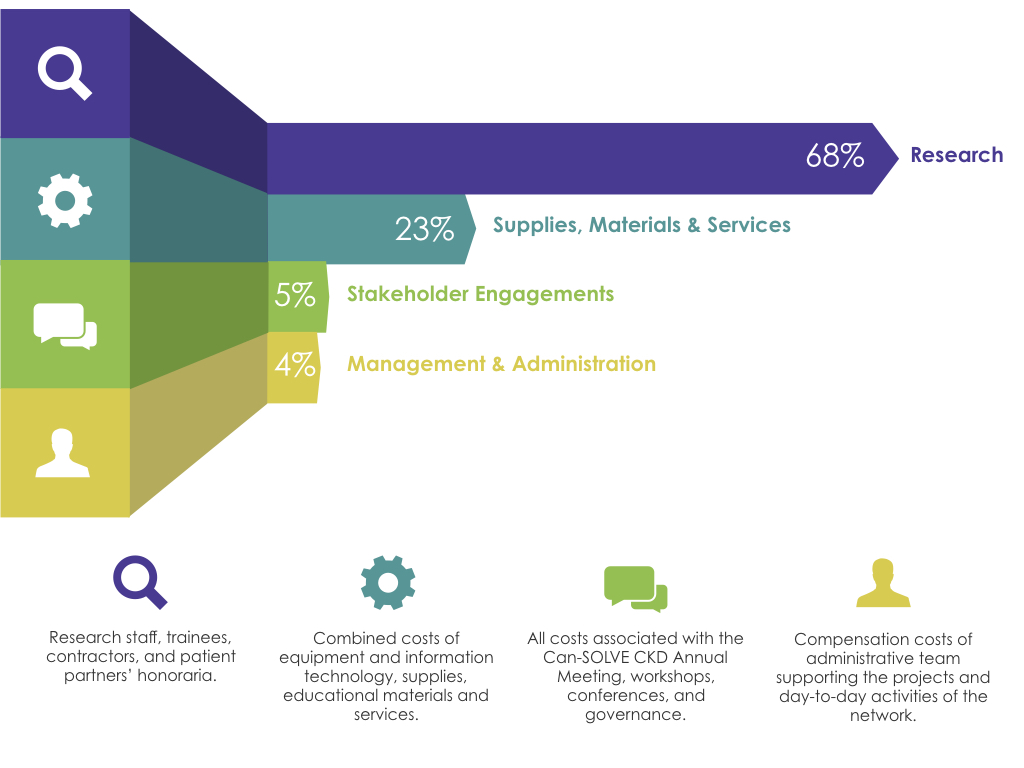
Total Research Budget for 18 Projects and 5 Core Infrastructures
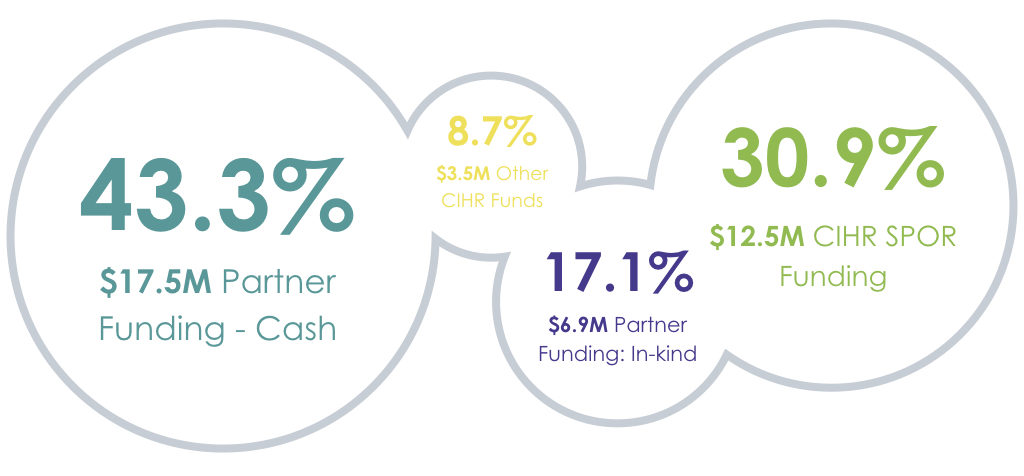
Can-SOLVE CKD Partner Funding by Category
Hover over graph for more info
Thank you!
Together we will transform kidney health for all Canadians
Connect
Contact
Heather Harris, Executive Director
604-682-2344 ext. 64025
hharris@cansolveckd.ca



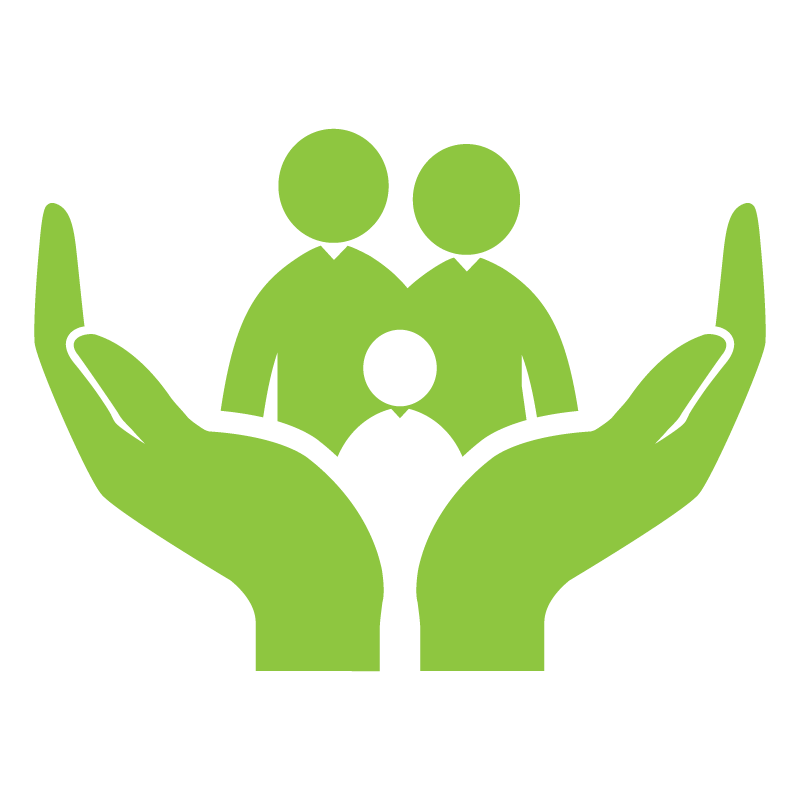





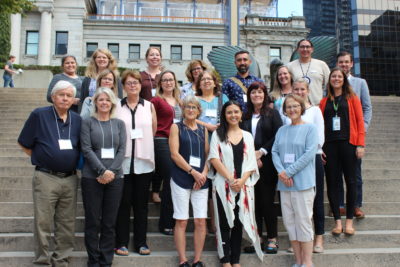



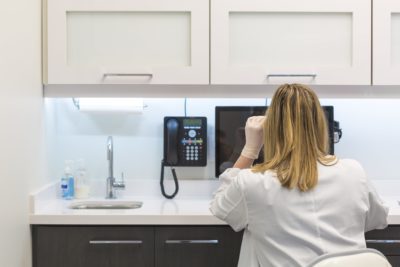

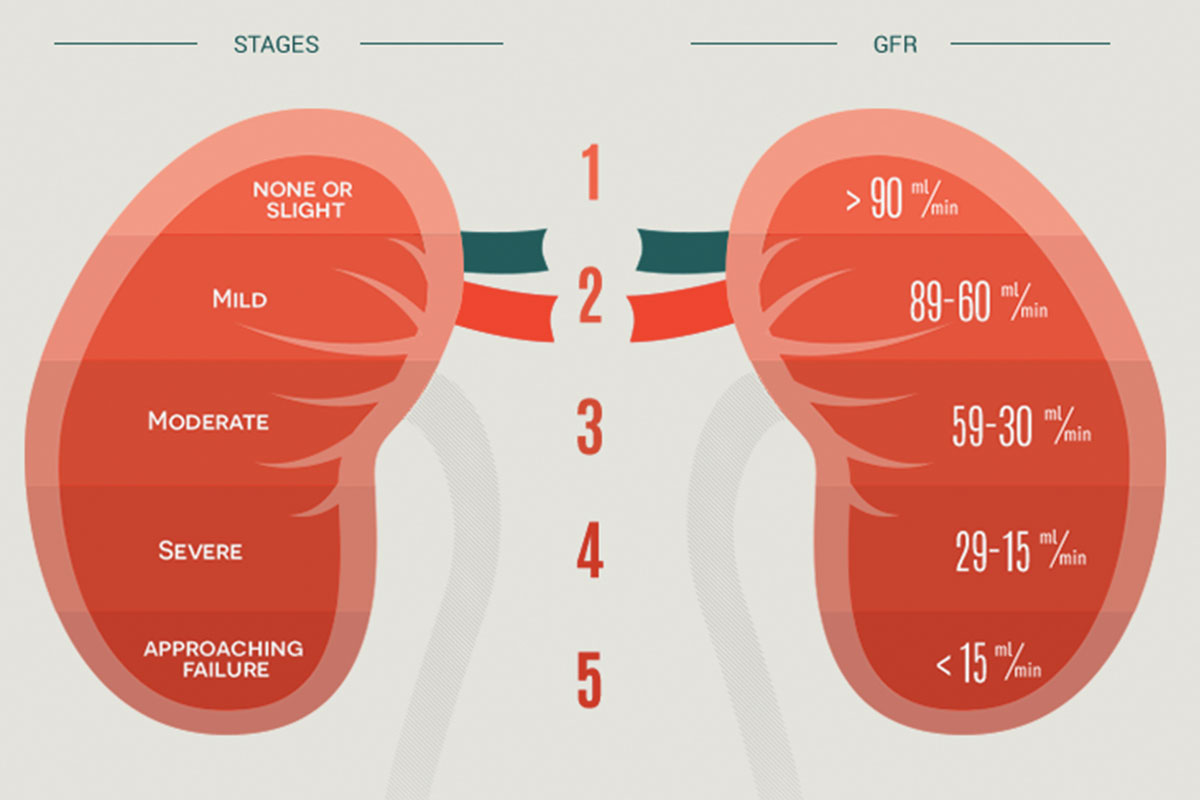















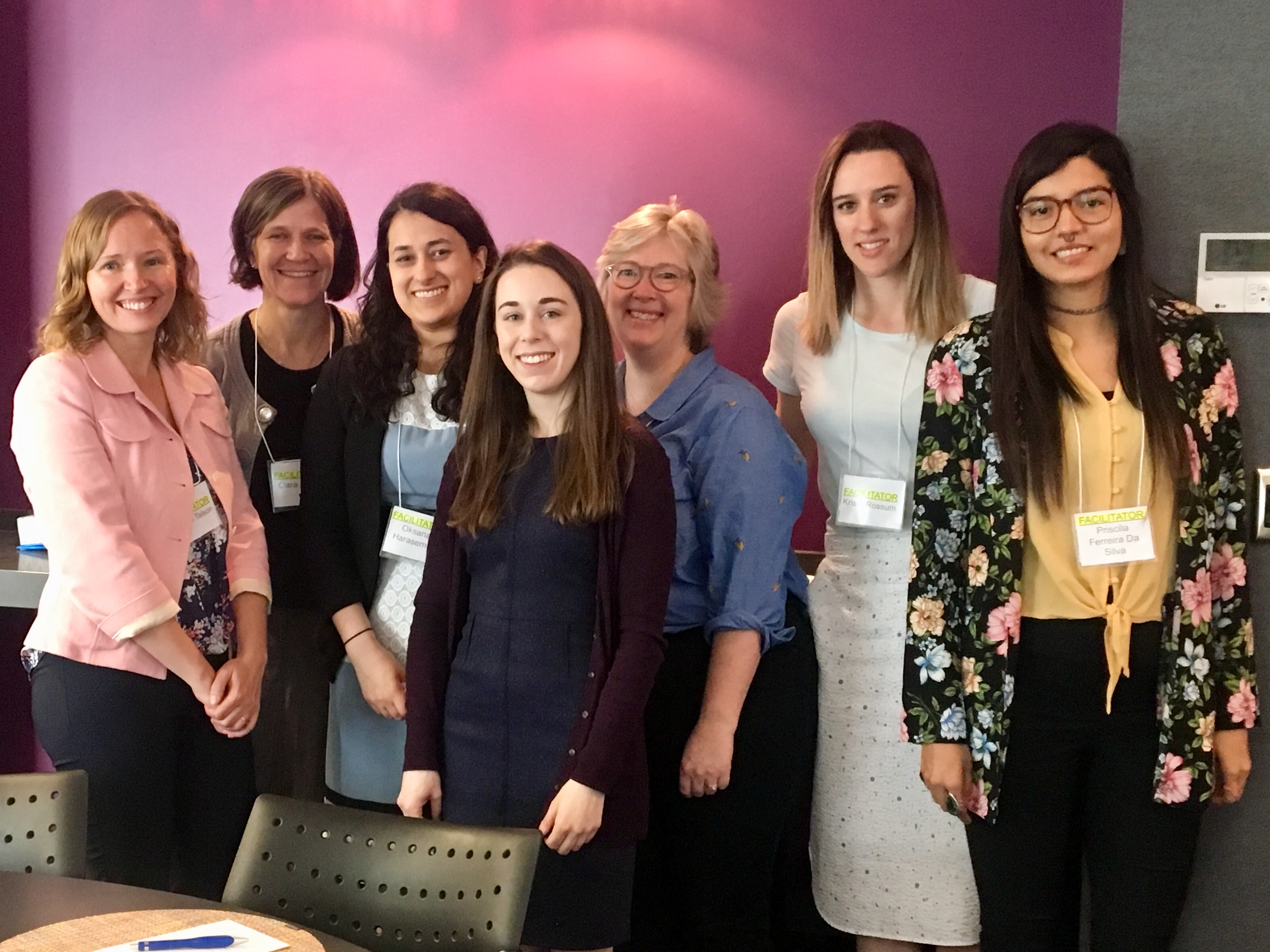



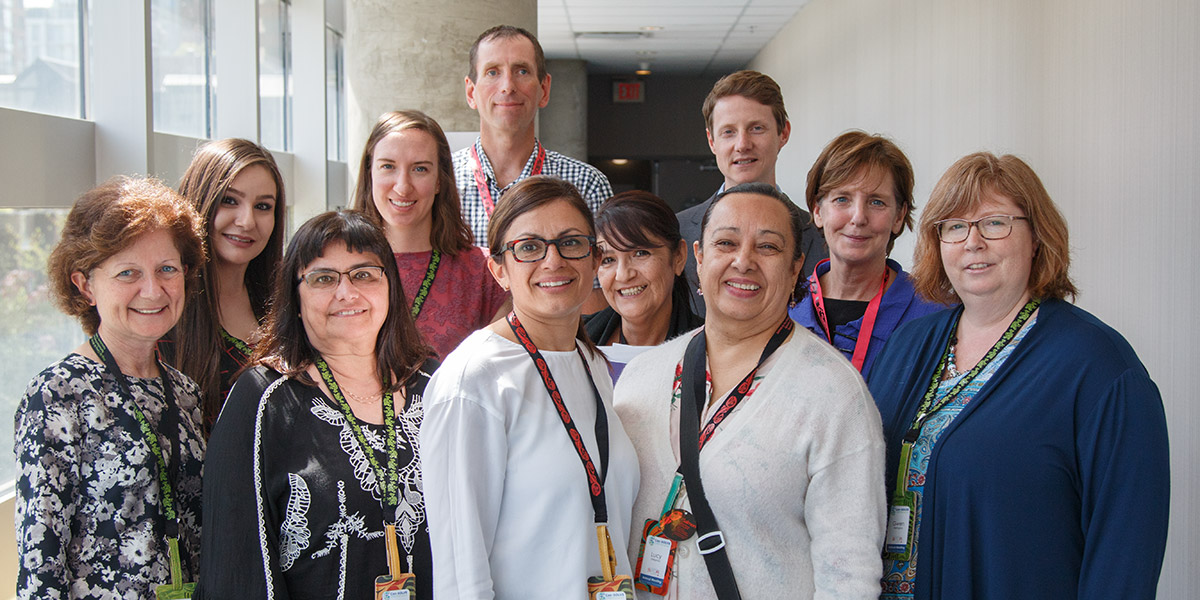



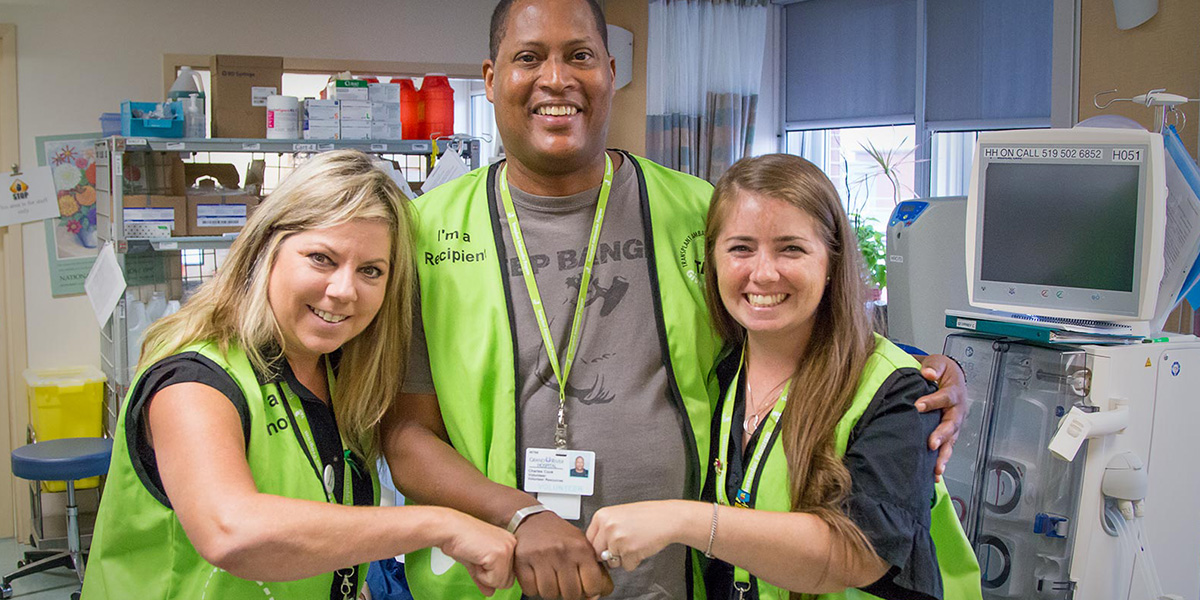
Connect with us